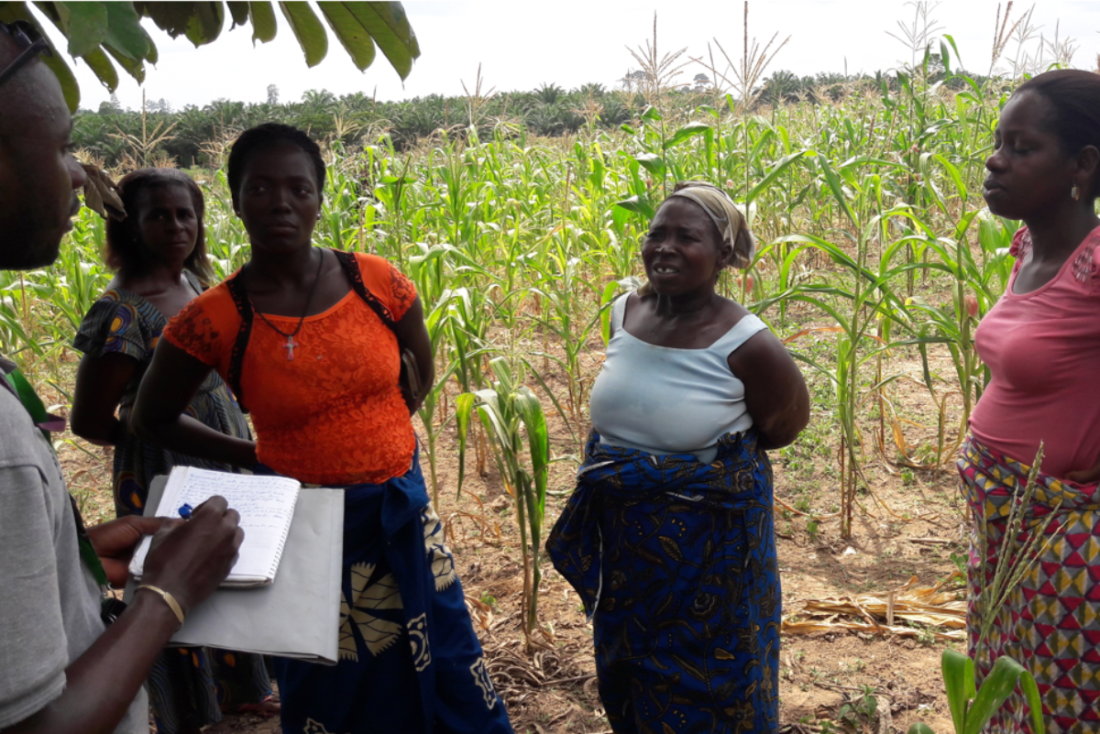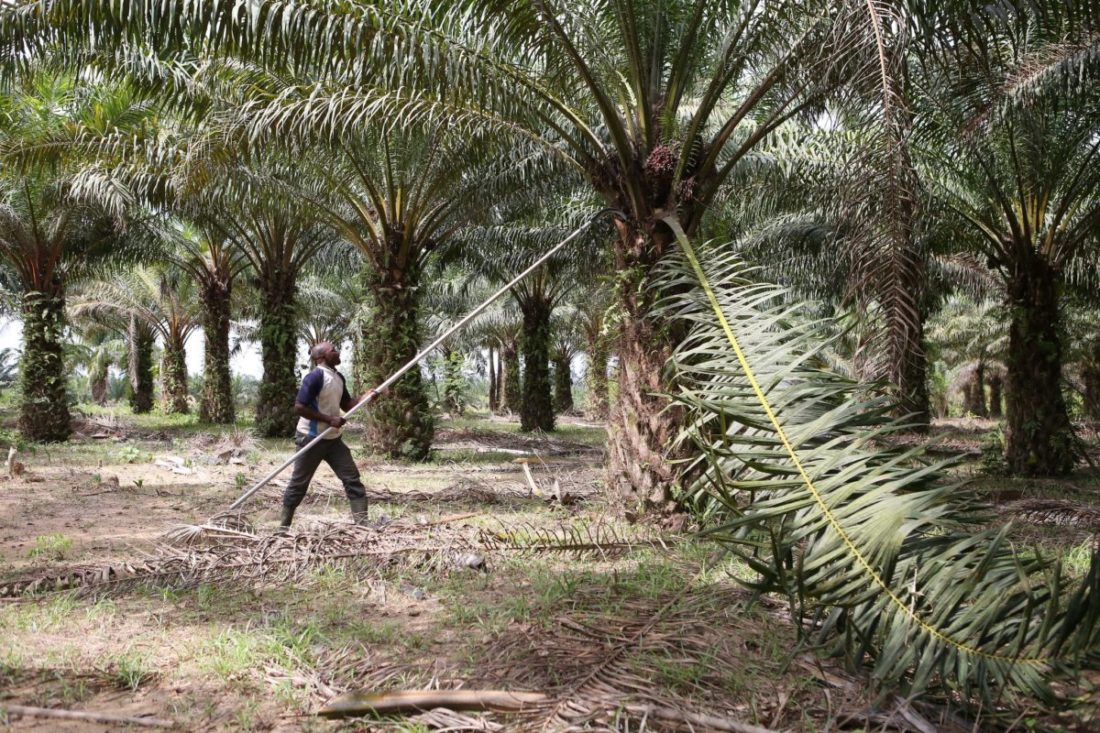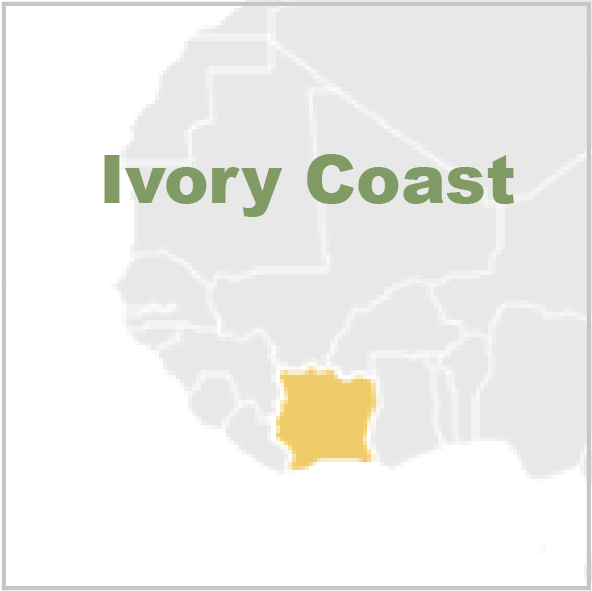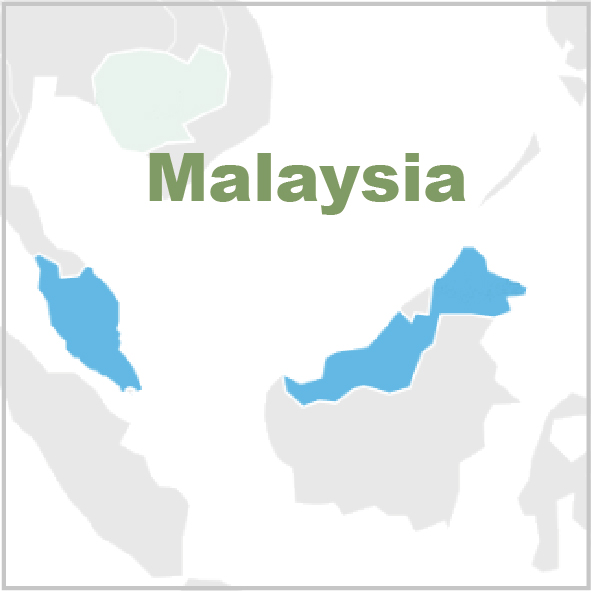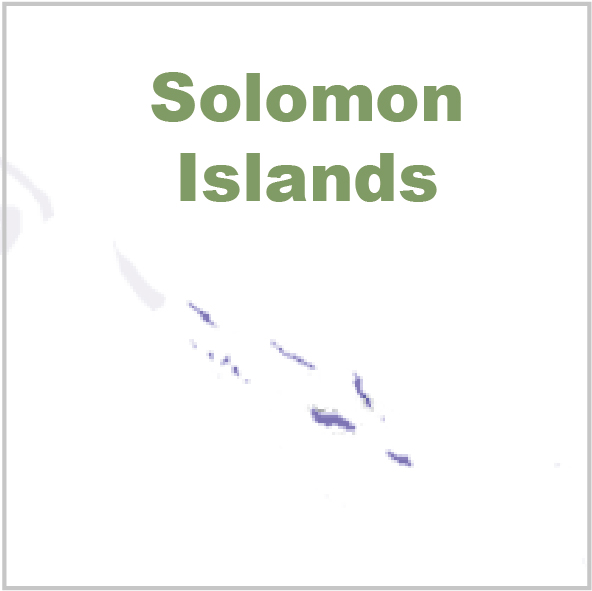
Palm oil imports to Switzerland
In 2024, Switzerland imported aroung 14’400 tons of crude palm (kernel) oil and their fractions for the food industry.
After a steady decline in imported quantities in recent years, there was a slight increase again for the first time in 2024.
In 2024, the distribution of origins was as follows
- Solomon Islands 30.9 %
- Ivory Coast 30.7 %
- Malaysia 18.9 %
- Sierra Leone 5.6 %
- Madagascar 5.1 %
- Others 8.8 %
In 2024, 100% of imports were certified as physically segregated commodity flows in accordance with the globally recognized RSPO standard. This meant that, as in previous years, the company was able to fulfill its own declaration of intent!
In addition to RSPO, around 11.9% were certified according to the Bio Suisse standard for sustainably produced palm oil in 2024.
Further information on Bio Suisse palm oil in Switzerland and Coop’s activities can be found here.
Focus topics & additional criteria
Beyond implementing certified supply chains, members are also committed to improving and further developing the standards used through their participation in various committees and working groups. And where the members of the Palm Oil Network believe that standards and certifications still have room for improvement, they strive to make further improvements.
Within the areas “Additional Criteria and Supplier Dialogues” as well as “Engagement in Countries of origin” the Swiss Palm Oil Network’s new strategy for 2025 sets three thematic priorities aimed at strengthening sustainable development in the growing regions in the long term:
1. Ecological innovations in oil palm cultivation as well as in palm oil mills
This includes, for example, approaches to circular economy in mills, such as the treatment, recycling, and return of wastewater and organic waste, compost, etc. as fertilizer to the plantations. On the plantations, members are committed to introducing regenerative agriculture practices, testing and implementing agroforestry approaches, and diversifying palm oil cultivation.
2. Promotion of biodiversity on and off plantations
This topic concerns the implementation of specific biodiversity measures such as the interconnection of ecosystems, the protection of buffer zones around water bodies, etc.
3. Improving living and working conditions in producing countries
In this area, members want to support small farmers in improving their incomes (living income) and improve the living and working conditions of plantation workers, e.g. by paying living wages.
